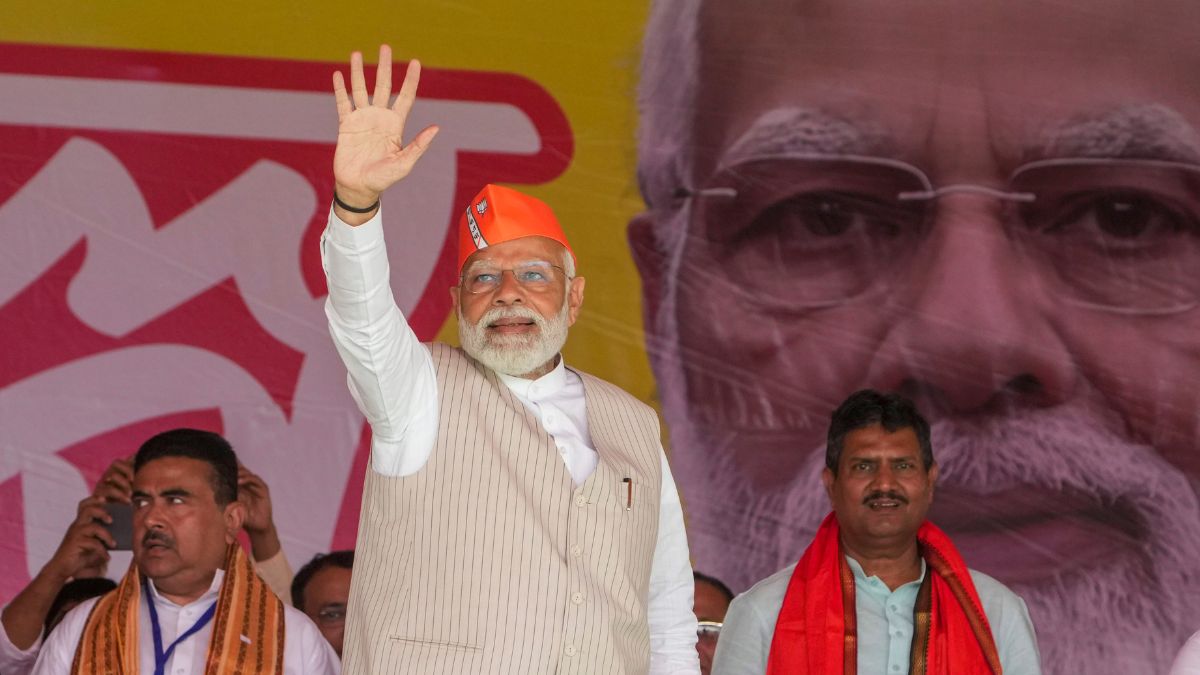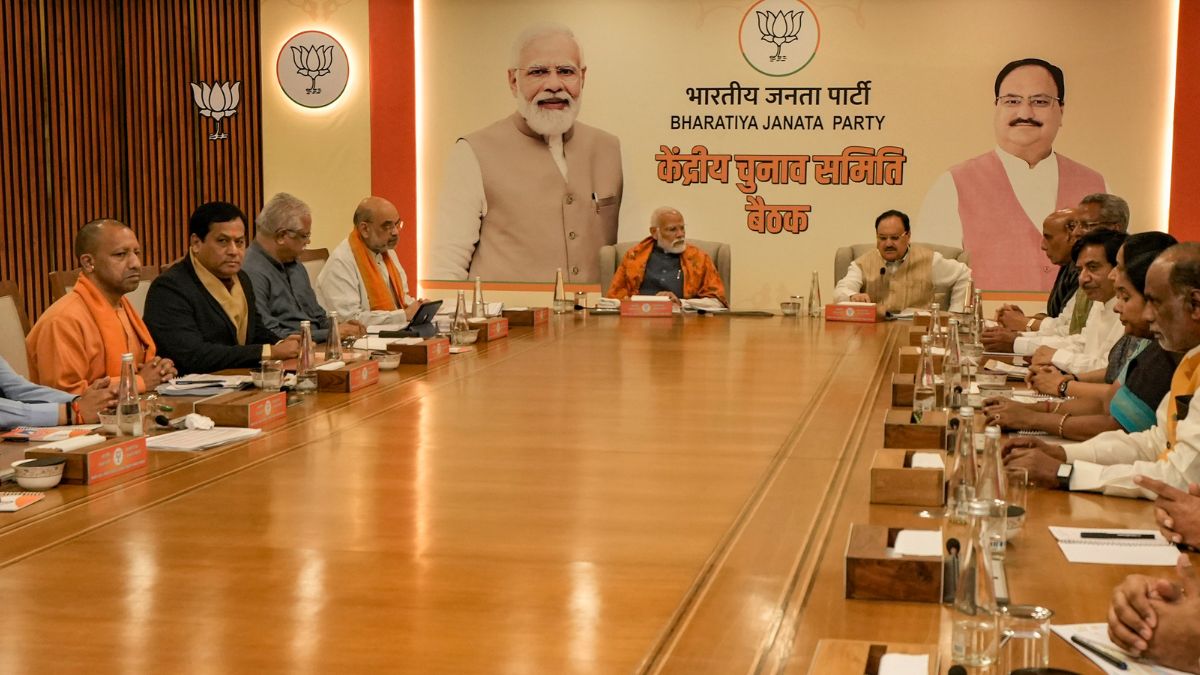For a prime minister who was described during his rule as Maun Mohan for staying silent on most topics, Manmohan Singh has come a long way. What’s more, his unequivocal, articulate and elaborate criticism of the demonetisation drive launched a year ago by the NDA government has come to bite the very man who used that epithet, his successor Narendra Modi.
Loud protests and contrasting claims only highlight a bitter political tussle, not deep wisdom.
In the smog-filled autumn air of New Delhi, visibility is poor on the roads one year after the day Modi outlawed the old Rs 500 and Rs 1,000 currency notes - and naturally, truth depends on who you are talking to. But facts are clear: The demonetisation drive, by the commonly accepted yardsticks of whether a police trap can catch thieves or not, has been a failure. GDP growth slumped in the aftershocks of the measures that squeezed the informal economy. And 99 percent of the outlawed money flowed back into the banking system in bundles and queues of various shapes and sizes. They did not reveal a dream cache that would have revealed a tax bonanza.
Yes, there are thousands of shell companies whose accounts are being tooth-combed by authorities to extract what would be a cache of evaded tax. Yes, finance minister Arun Jaitley speaks gloriously of the ethical and moral underpinnings of the 8 November crackdown. But tomorrow is another day. And morality is a game with no scoreboard. Ethical issues are desirable but look faded in the smoke-filled air of the capital where fancy masks are often worn to hide real intent than to keep harmful particles out.
So, what we have is a situation that an everyman’s psychologist would describe as the government being in a state of eloquent denial being converted into brazen politics. There is, however, room to believe that the commoner on the street has even to this day bought into Modi’s call for a goldmine beyond the short-term sufferings. Remember that BJP swept comfortably to power in the nation’s most populous state, Uttar Pradesh.
It would be better to look beyond the cop-and-robber chase and political bluster to see where the government actually might have gone wrong. At the heart of it all is a sort of cultural illiteracy that the BJP-led NDA has shown in dealing with the details of a mammoth, risky drive . That can apply to the goods and services tax (GST) as well, but that is another story.
Just the day after the demonetisation was announced, I had listed things to watch out for, and they seem to have come substantially true. Among these were a hawala-style laundering of outlawed money, attacks on Jaitley from within the BJP and knocks on Modi’s own home base of traders. The last of these has been seen more after the GST implementation in Surat.
Practices that go back decades and are rooted in everyday habits cannot be changed by the stroke of a pen. The government is also saying precisely that, but instead of trying to be more systematic, it has been moralistic. Moralistic talk does appeal to sentiments in a nation where corruption is rampant, but it needs strong legs to walk on, and we are not seeing enough of that.
I had described as “daroga capitalism” the BJP’s tendency to use super cop-style heavy-handedness in dealing with black money. The irony of this loomed large on the eve of the anniversary of demonetisation in the worldwide Paradise Papers leak that showed the biggest of Indian business names were involved in offshore tax haven dealings – and most of them seem perfectly legal. The Congress party must take the blame for allowing legal recourse to offshore havens over the years. But whatever the detail, the Paradise Papers only show that complex money games have been part of the Indian political economy for decades if not centuries.
In fact, I had lauded the Modi government for plugging offshore loopholes as part of a long-term strategy to curb tax evasion and black money. In contrast, the note ban crackdown seemed to be more like a Bollywood climax in which the police arrives after the fight scenes are over. And there is no fairy-tale hero here holding caught villians by their collars.
The BJP is making a virtue out of what I described as a more or less a drawn test match. Picture the anniversary day of demonetisation like an after-match press conference in which India’s cricket captain says the game was good practice to win the next series. It does sound hollow. But politicians are known to turn problems into opportunities, at least in the packaging.
Follow LIVE updates here
(The author is a senior journalist. He tweets as @madversity)


)




)
)
)
)
)
)
)
)